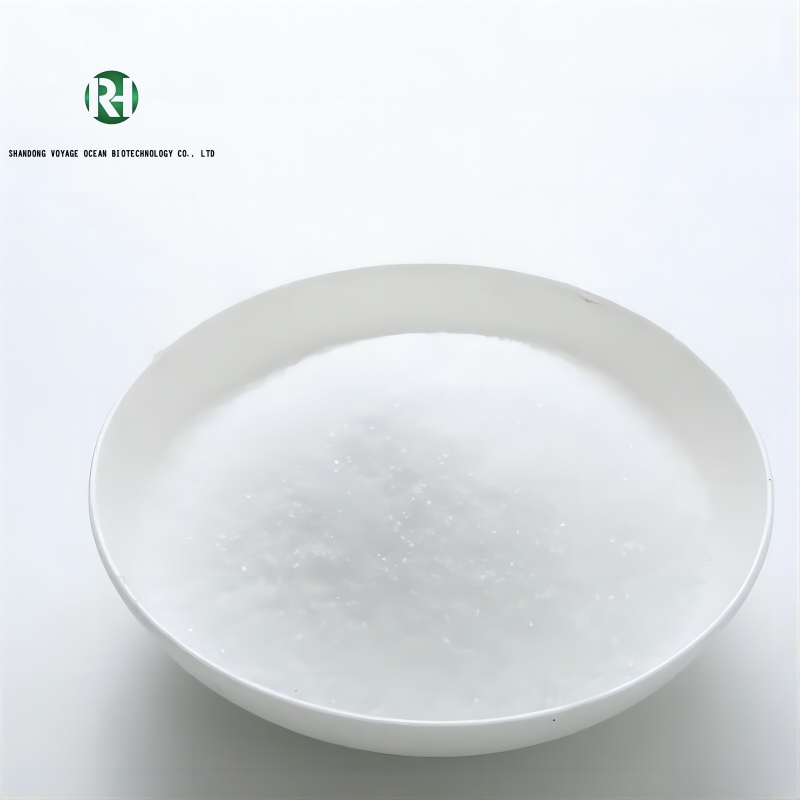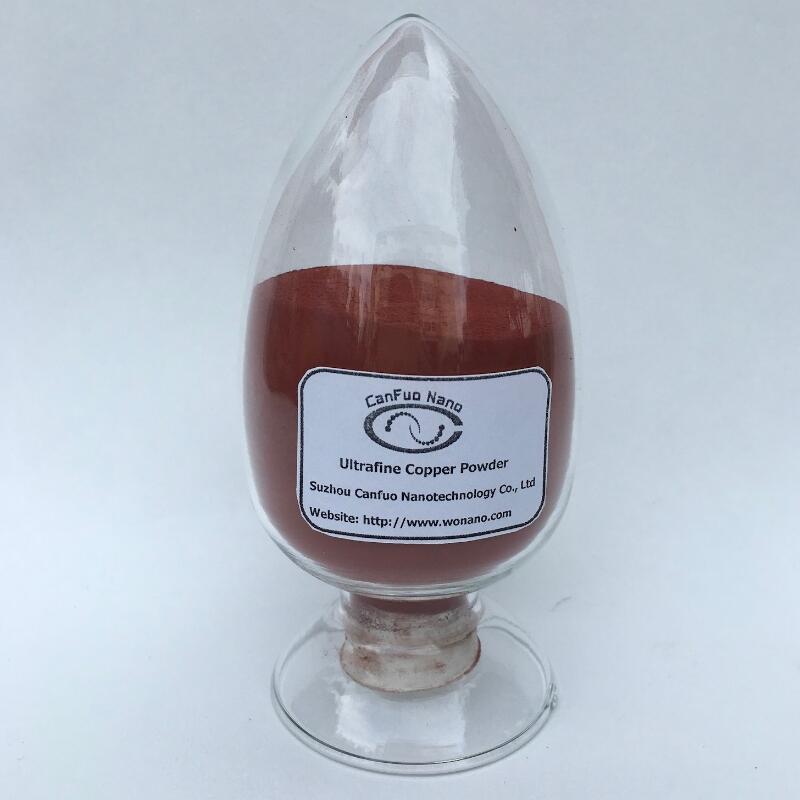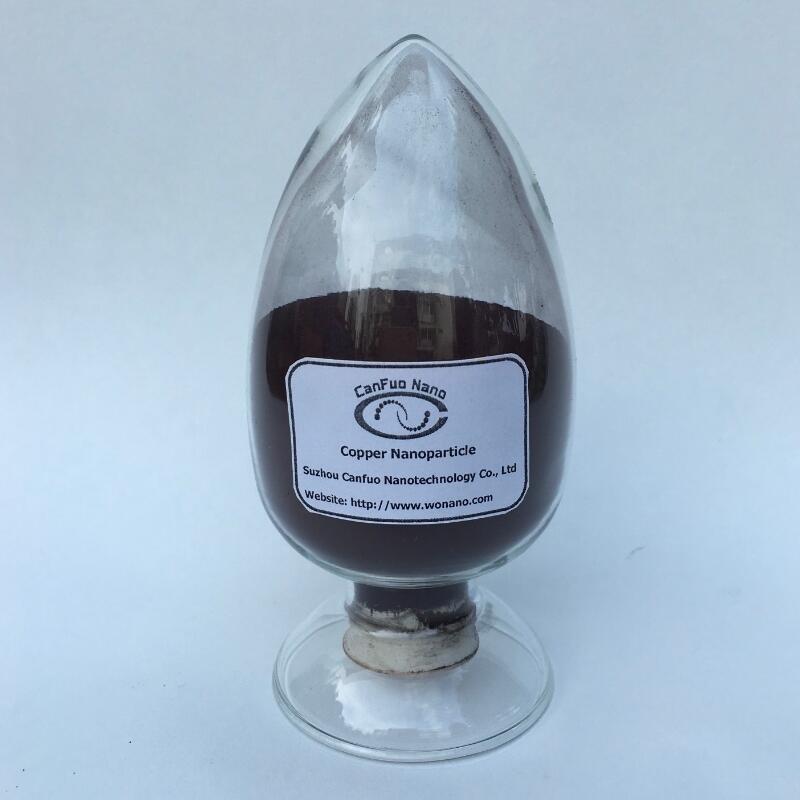-
Categories
-
Pharmaceutical Intermediates
-
Active Pharmaceutical Ingredients
-
Food Additives
- Industrial Coatings
- Agrochemicals
- Dyes and Pigments
- Surfactant
- Flavors and Fragrances
- Chemical Reagents
- Catalyst and Auxiliary
- Natural Products
- Inorganic Chemistry
-
Organic Chemistry
-
Biochemical Engineering
- Analytical Chemistry
-
Cosmetic Ingredient
- Water Treatment Chemical
-
Pharmaceutical Intermediates
Promotion
ECHEMI Mall
Wholesale
Weekly Price
Exhibition
News
-
Trade Service
The 2-thiazolidinethione is a chemical compound that has been widely used in the chemical industry for various purposes.
This compound is known for its unique properties, which include high thermal stability, good solubility, and the ability to act as a catalyst in certain chemical reactions.
However, the use of this compound has also raised concerns about its safety, particularly in terms of its potential toxicity to humans and the environment.
In this article, we will discuss the safety of 2-thiazolidinethione in the chemical industry.
To begin with, it is essential to understand what 2-thiazolidinethione is and how it is used in the chemical industry.
2-thiazolidinethione is a heterocyclic compound that contains sulfur, nitrogen, and carbon atoms.
It is often used as a catalyst in the production of various chemicals, such as phthalic acid, terephthalic acid, and sulfuric acid.
In addition, it is also used as a builder in detergents and as a catalyst in the production of PVC.
Despite its widespread use in the chemical industry, there are concerns about the safety of 2-thiazolidinethione.
One of the main concerns is its potential toxicity to humans.
Studies have shown that exposure to high levels of 2-thiazolidinethione can cause skin irritation, respiratory problems, and even death.
In addition, there is evidence to suggest that long-term exposure to this compound can lead to cancer, particularly in the lung, liver, and kidney.
The potential toxicity of 2-thiazolidinethione is also a concern for the environment.
This compound is known to be highly resistant to biodegradation, which means that it can persist in the environment for a long time.
As a result, there is a risk that it could accumulate in soil, water, and other sources, leading to potential harm to wildlife and other living organisms.
To address these concerns, various measures have been taken to ensure the safe use of 2-thiazolidinethione in the chemical industry.
For example, many countries have implemented strict regulations on the production, storage, and disposal of this compound.
Additionally, manufacturers of 2-thiazolidinethione have taken steps to minimize the risk of exposure to this compound, such as providing proper protective equipment for workers and implementing appropriate safety measures during transportation.
Another measure that has been taken to address the safety concerns surrounding 2-thiazolidinethione is the development of safer alternatives.
Researchers have been working on developing new catalysts that are more environmentally friendly and less toxic than 2-thiazolidinethione.
For example, there are several alternative catalysts that have been developed for the production of phthalic acid and terephthalic acid, which are currently produced using 2-thiazolidinethione.
In conclusion, 2-thiazolidinethione is a versatile compound that is widely used in the chemical industry.
However, its use has raised concerns about its safety, particularly in terms of its potential toxicity to humans and the environment.
Despite these concerns, various measures have been taken to ensure the safe use of 2-thiazolidinethione, and researchers are continuously working on developing safer alternatives.
As the use of this compound continues to grow, it is essential that proper safety measures are put in place to protect the health and well-being of workers and the environment.







